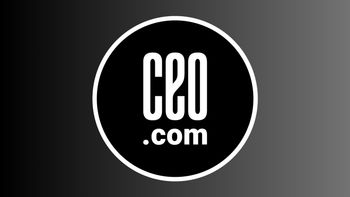All Blog Posts - Library Page 8
All Blog Posts - Library Page 8

How Matterport CEO RJ Pittman is shaping the future of tech and digital transformation

Founder mode vs. manager mode

Win customers and inspire employees with a solid brand strategy

What’s the difference between CEOs and COOs?

How to build a workplace community in person or online

Using AI to reduce costs
Read by more than 50,000 CEOs weekly.